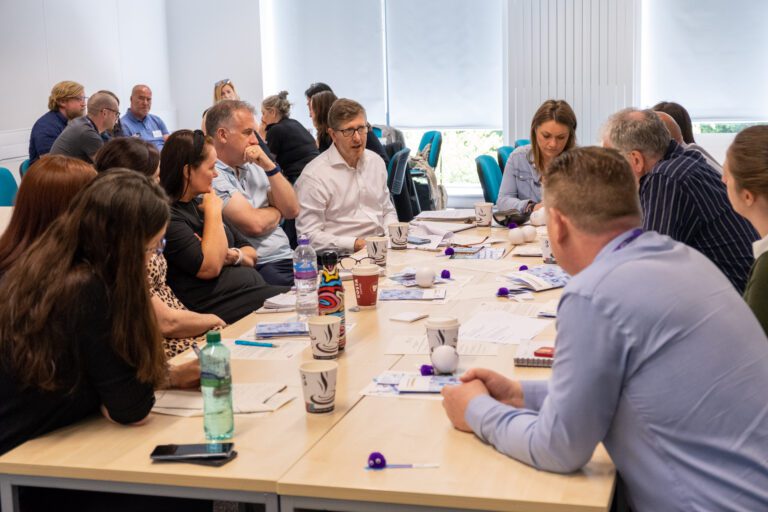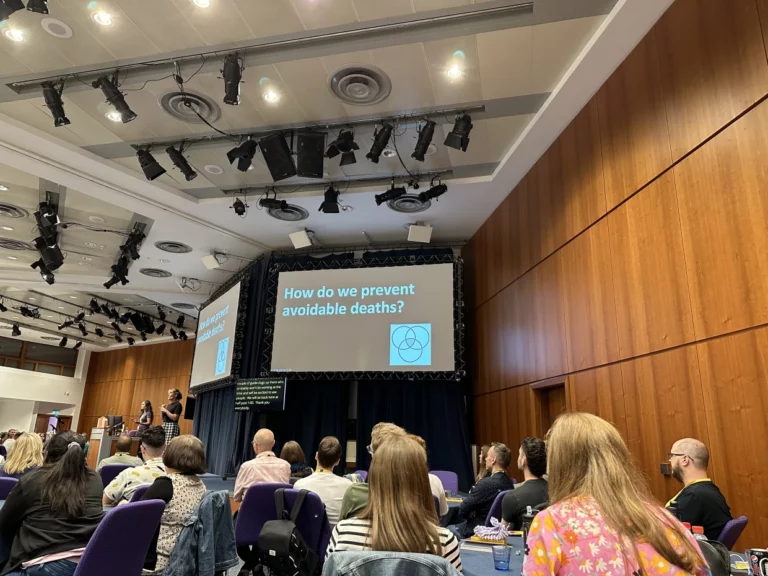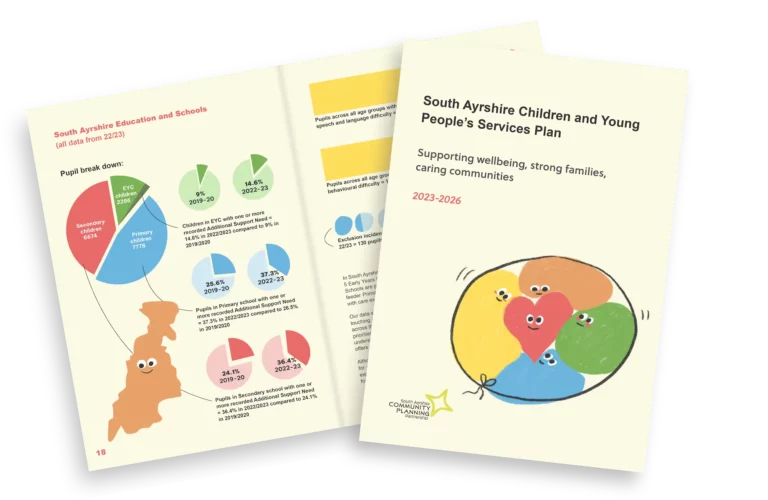Shifting the paradigm
We live in a time of great change – after the great disruption and shared trauma of COVID-19, we now find ourselves in the midst of seemingly innumerable crises. It’s difficult, sometimes impossible, to see beyond today’s fire-fighting and crisis management to whatever comes next.
This year has seen a lot of changes for me too; after fifteen years or so working in various health and social care roles, it was time for me to look at new ways of working. I’m delighted to have taken up a research role with Horizons, and already my head is a-buzz with the excitement of new collaborations and possibilities.
What has been particularly fascinating – and heartening – for me has been the opportunity to sit in on a number of workshops, carried out in conjunction with HEE and the Staff College, focussing on planning a future health workforce. Inevitably, having worked in frontline roles both in primary care and in the social care sector, I’ve had my own perspectives on some of the issues discussed; these have been particularly impacted by the experiences, positive and negative, of working through the pandemic.
During the first lockdown, I worked in mental health: my job changed from one which empowered people to get out into the world, to one where we were asking supported people to do the exact opposite. While that felt bleak, it was truly amazing – and I can’t really overstate that – to see community organisations working in ways we’d never thought possible before. A particular example of that was seeing community organisations delivering smart devices, with accompanying internet packages, to enable people continue being part of their communities. GPs of course started to use remote technology in ways they never had before. Some of that is here to stay now, but the urgency with which human ingenuity addressed the problem of isolation to maintain togetherness and community was awe inspiring.
Using technology more, and using it better, seems to be something of an open goal in terms of driving change and innovation. The potential for smart devices in monitoring our own health will clearly have dividends, as part of a wider public health shift toward greater self-management of our wellbeing. During lockdowns, remote access to GPs was crucial; some of the implications of that, such as the ability to assess and monitor wounds remotely, will be here to stay.
We think in terms of what we know; the pandemic presented an opportunity to start thinking collaboratively outside of our paradigms. Working in the third sector, the pandemic saw me accessing NHS training resources for the first time. The division between our NHS health colleagues and us working in social care seemed a little less for a while. A theme to come out of the workshops has been around addressing that division; surely there must be a way to pool some resources for the betterment of the wider system. We’ll need to start thinking outside of our ring-fenced services for that. Collaboration across professional boundaries is going to be vital – between public, private and third sectors.
The disruptions of the pandemic have been followed by the cost of living crisis, while the drums of war beat ever louder. We’re all feeling the cold thrum of systemic stresses beyond our individual control. These myriad societal tragedies are also massive drivers of change, and we all need to be having the conversations of how we shape those changes. What has been clear in these workshops is that the will to change is there, in abundance, and that there is a real simple power in getting people in a room to think pragmatically and honestly about influencing the future. Translating these workshops into meaningful action plans, which can work across the disparate health and social care landscape, will be the next challenge; it’ll be difficult but it feels a real privilege to see a process which, fundamentally, is driven by hope.
I suppose there are three main areas that I’m currently thinking about, and how we can reconcile these in order to shape our future health service(s).
- The role of technology. I suppose I’m naturally a bit of an early adopter when it comes to using technology in novel ways, but I’ve also seen firsthand how digital poverty exacerbates social division. Improving access isn’t the only answer, as technology shouldn’t replace, but augment our human interactions. We’ll need to work toward a model which allows options for self-directed care which spans all methods of delivery.
- Listening to voices outside of the traditional system. I’ve heard a lot of conversations about how difficult it is for the NHS to manage longer term reform, and how staff see endless pilots which never seem to go anywhere. It’s likely that some of the answers to the big questions – staffing, retention, reducing burnout – are already in play somewhere in the system.
- Starting the process of reform. Changes for a healthier workforce – both at systemic and individual level – obviously need to happen for the present workforce, and, as it is, there are challenges in bringing everyone into that conversation. Beyond that, we need to recognise the agency we have in moulding the future. There will also need to be part of a wider programme of training reform: ensuring that the staff of the future have the necessary skills in expertise, resilience, and leadership to shape the workforce we need. We should also be thinking beyond workforces and whether we need to prepare wider society for shifts in service delivery.






